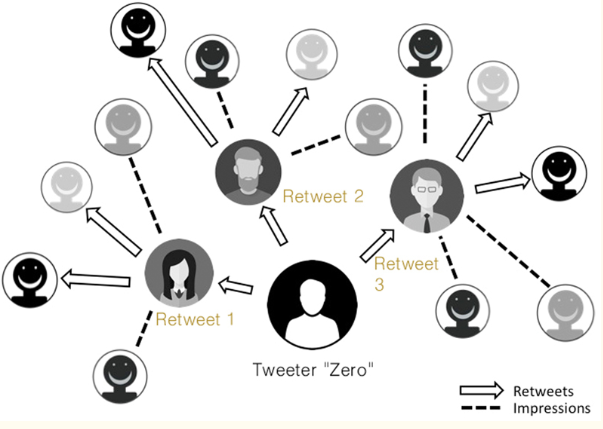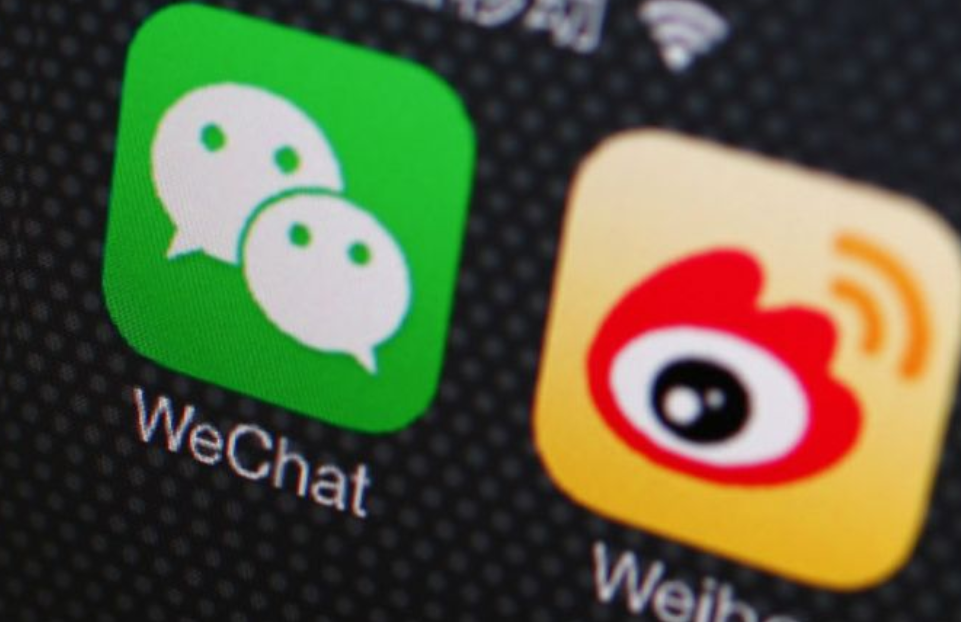When we are talking about game theory, we assume that everyone is rational. According to the class, we define payoffs as an ‘expected value under persons’ mixture’. To make the payoffs largest, base on the form we have, there are several strategies for every player to decide. However, in reality, it is more complicated than just make decisions base on a matrix.
According to L.Radzvilavicius, “empathy is the secret ingredient that makes cooperation.” Empathy is when people think from others’ perspectives. From the grade example given during class, we can see the importance of empathy (figure1). Even the best choice is when both of the students choosing presentation (each of them get 92). However, if they are both selfish, we can only get 88 for each. The game theory we talked about in class, people are supposed to be selfish in the game. In real life, some human beings are not and maybe they are not working without communication. Back to the grade example, if both of the students choose to be empathy and trust in each other, they will choose presentations and have the best average mark.

During the class, when we were discussing game theory there were several students asked questions like what if they have some other situations. And I think empathy could be one of the most common situations. According to <How clever people help societies work together better>, the authors argue that high IQ people tend to cooperate and get the best score in the game(figure2). Since high IQ players can usually foresee the maximum average benefit they can get by cooperation. In the experiment, after L.Radzvilavicius make people observe and copy the personality traits of more successful people (be empathy and cooperation), the average score is rising rapidly.

The reality is more complicated. For example, if company A has a stable and reliable cooperation with company B. It is more likely that they will have the best average benefit. Game theory can foresee the game result most of the time. However, there are still more situations to make the result different. The reason for choosing these articles is that they make me realize that there are more things to consider other than just score and one’s benefit in the game. Game theory is more complicated than we thought.
L. Radzvilavicius, A. (2019). Empathy is the secret ingredient that makes cooperation – and civilization – possible. [online] The Conversation. Available at: https://theconversation.com/empathy-is-the-secret-ingredient-that-makes-cooperation-and-civilization-possible-115105 [Accessed 15 Nov. 2019].
Sofianos, A., Rustichini, A. and Proto, E. (2019). How clever people help societies work together better. [online] The Conversation. Available at: https://theconversation.com/how-clever-people-help-societies-work-together-better-93463 [Accessed 15 Nov. 2019].


